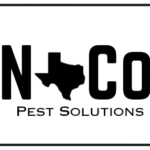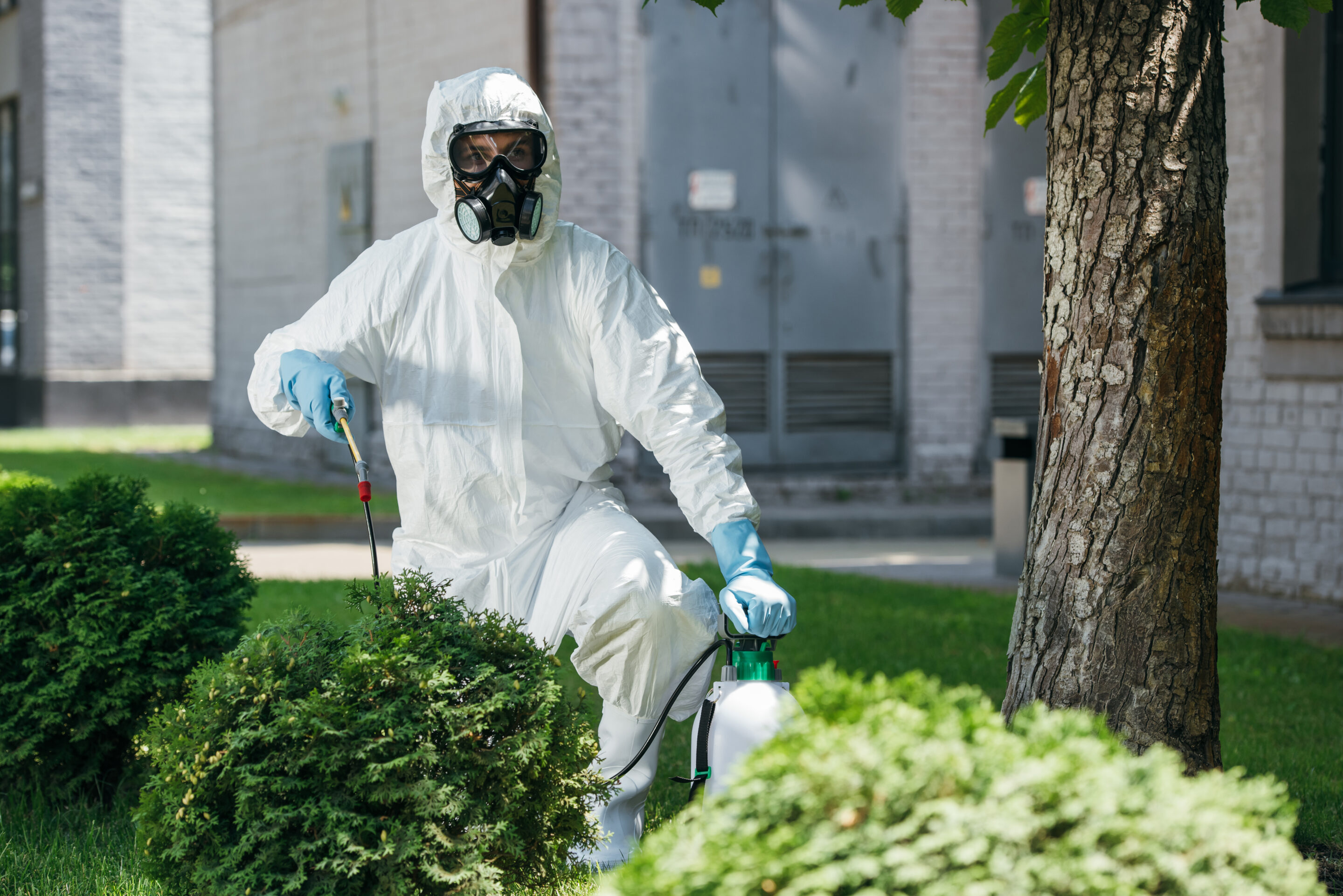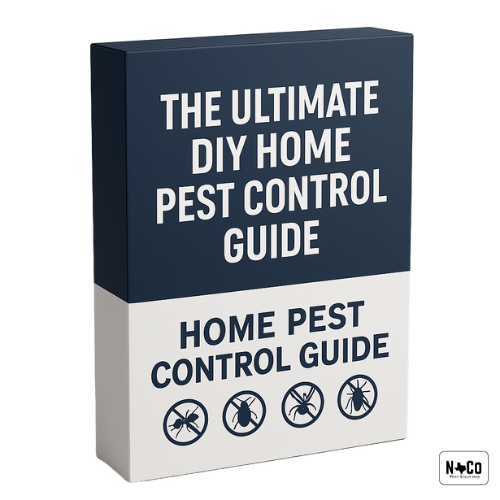Selecting the right pest control company is a crucial decision that affects your home’s health, safety and comfort. With numerous options available, particularly in regions like Texas, where pest activity remains high year-round, it’s important to evaluate potential providers thoroughly before choosing.
Qualifications and expertise
Proper licensing and certification: Verify that the company and its technicians hold valid state licenses and certifications. In Texas, pest control operators must be licensed through the Texas Department of Agriculture, demonstrating they’ve met industry knowledge requirements and understand proper application methods.
Specialized experience: Consider companies with proven experience handling the specific pests affecting your property. For instance, if you’re dealing with termites in Houston or Dallas/Fort Worth, look for firms with extensive termite treatment experience in those regions, as they’ll understand the local subterranean and Formosan termite behaviors.
Continued education: The best pest control providers invest in ongoing training for their technicians, staying current with the latest pest management techniques and environmentally responsible practices.
Service approach and methods
Integrated Pest Management (IPM): Seek companies that implement IPM strategies, focusing on prevention, identification, and targeted treatments rather than routine chemical applications. IPM incorporates multiple control tactics, including habitat modification, exclusion methods, and judicious use of pesticides only when necessary.
Treatment options: Quality providers offer various treatment methods tailored to your specific situation, preferences and pest issues. They should explain available options and recommend the most effective, least invasive approach.
Customized plans: Be wary of one-size-fits-all solutions. The best services conduct thorough inspections to develop customized treatment plans addressing your unique situation, property characteristics, and specific pest challenges.
Business practices and reputation
Transparent communication: Top providers clearly explain what pests they’re treating, their methods, and what results you can expect. They should provide detailed inspection reports and treatment documentation.
Written guarantees: Reputable companies stand behind their work with clear guarantees or warranties, specifying what happens if pests return after treatment.
Positive reviews and references: Research company reviews across multiple platforms, looking for consistent positive feedback about effectiveness, professionalism and customer service. Ask for references from long-term customers, particularly those with similar pest issues.
Longevity in business: Companies with established histories in your community have demonstrated staying power through consistent service quality and customer satisfaction.
Customer service quality
Responsive communication: The company should respond promptly to inquiries and be available for follow-up questions or concerns.
Thorough inspections: Quality providers take time to conduct comprehensive property assessments before recommending treatments.
Clear contracts: All services, guarantees and follow-up visits should be clearly outlined in writing, with no hidden fees or confusing terms.
Educational approach: The best providers educate customers about prevention strategies and warning signs, empowering you to participate in keeping your property pest-free.
Environmental responsibility
Eco-friendly options: Leading companies offer environmentally responsible treatment options that effectively control pests while minimizing the impact on beneficial organisms and the ecosystem.
Safety protocols: Ask about their procedures for protecting your family, pets, and property during treatments.
By evaluating potential pest control services across these criteria, you can select a provider that resolves your current pest issues and becomes a trusted partner in maintaining a healthy, pest-free environment for years to come. Remember that the lowest-cost option isn’t always the best value—effective, long-lasting pest management often provides better returns through reduced property damage and fewer retreatments.



